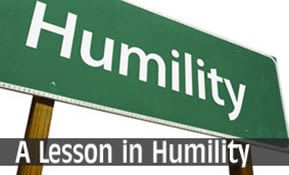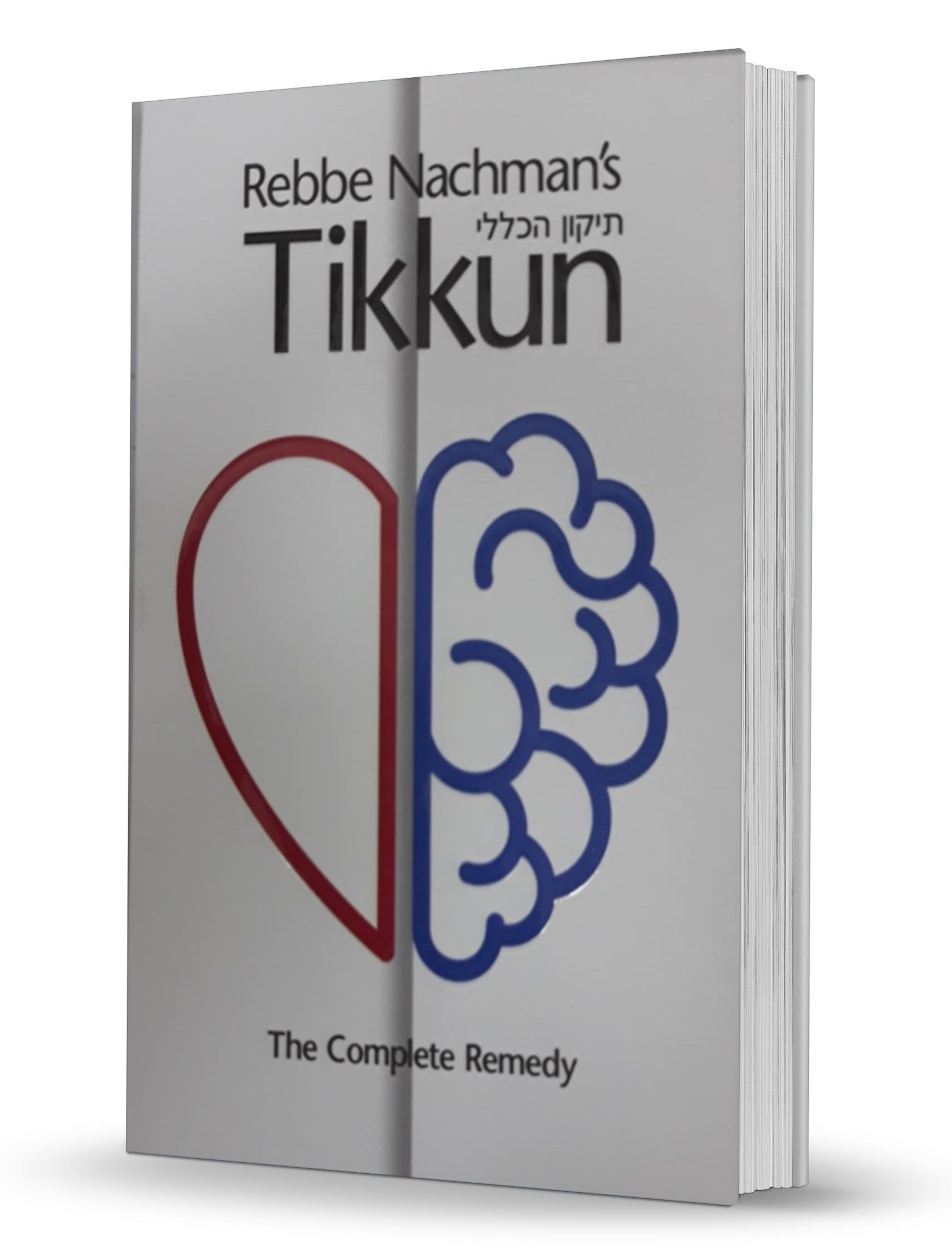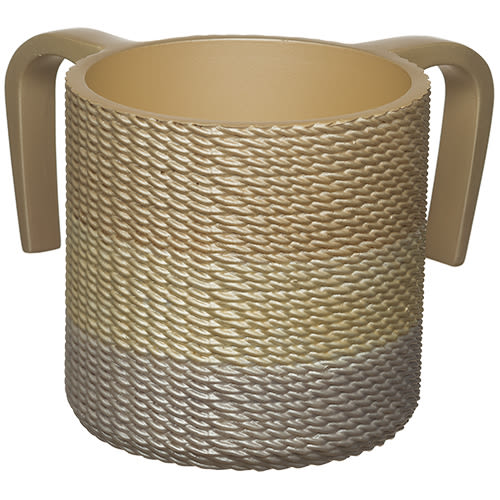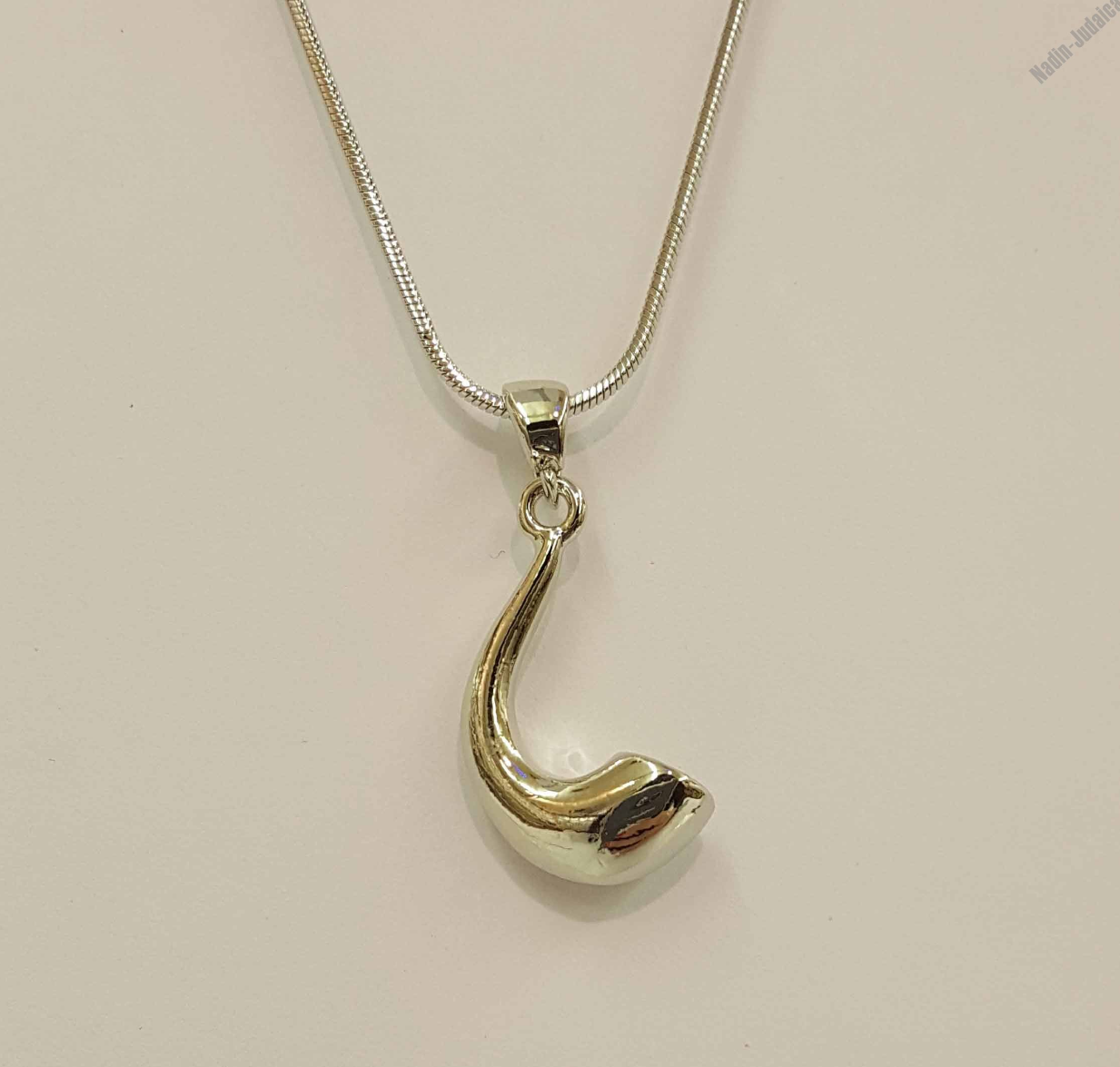
Noach: Staying Afloat
What makes life such a stormy sea are the turbulent waters of heresy and defeat. One needs a strong emotional and spiritual sea craft to stay afloat…

"If you can meet with triumph and disaster
And treat those two imposters just the same…"
(Rudyard Kipling, If)
Could the very concept of victory and defeat come from the Yetzer Hara?
While they are at extreme opposites on the spectrum of human achievement, both share one deadly component: complacency. If you run a 10-mile race, the moment you step on the finish line, you stop. If it’s the last of the 9th inning of a ball game and you are up 4-3, if the other team hits a 2-run homer, you trot off the field and take a shower.
The same can be said about life. We all set goals for ourselves. We all want to have a family, succeed in our profession, and own a home. But what happens when we do?
What happens when we reach the age of 65, shake our boss’s hand for the last time, and go home? Is it coffee and cocktails until our last breath? How about the opposite? What happens when your dream is to be a rock-star drummer and you lose your 10th consecutive battle of the bands? Even if you admit defeat,  is that it?
is that it?
The biggest challenge in either scenario is the temptation to stop. Life isn’t about endings, neither happy nor sad. It is rather like rest stops, or temporary points in time where you can catch your breath and move on.
Life is constant movement, like sailing on the water. From our first breath each day, when we recite Modeh Ani. to the Bedtime Shema right before we retire for the night, we are commanded to pray three times, learn Torah, and look for every opportunity to build our character traits.
We celebrate victory. Every year for Simchat Torah, we dance around the Torah to celebrate reading the entire 5 Books of Moshe, a national triumph. We make sure not to get complacent by stopping the reading with the first line of the first Book. We don’t even stop at the end of Deuteronomy. The victory of Torah does not allow you to take a break.
We lament defeat. Yom Kippur is a fast day to ask Hashem to forgive all our sins. To expiate our soul from all the times we fought against the forces of evil and lost. We aren’t given the luxury of convalescing. The moment Yom Kippur ends, regardless of whatever decree was sealed, we have a festive meal and start to build our Sukkas.
Once all the holidays are over, we do our best to bring our spiritual highs to the week of Noah, so we can float above the flood of heresy that's washing over the world.
Emuna is the great ship for navigating life's waters. Knowing that we are commanded to bless G-d for the good in our lives along with what appears to be bad, we are coaxed into the mindset that everything in life has a purpose, and that purpose, ultimately, is for us to do something . . . anything, to keep going.
The world tries to convince us otherwise. Every movie has a storyline, drama, pinnacle, and then an ending. Every sporting event has a winner and a loser because every game comes to an end. It poisons us with the mindset that there is a point in time when we can all go home. That's heresy and the evil inclination.
It blinds us to the truth that even when we fall asleep, we eventually wake up and get out of bed!
It never ends. It isn’t supposed to. Our job is to harness our emuna in the face of defeat and even victory to keep going until the moment Hashem says stop.
* * *
David Ben Horin lives in Afula with his wife and children. Since moving to Israel in 2002, David has discovered Torah, writing hi-tech, hiking, coding ReactJS Apps, and hearing stories about the Land of Israel from anyone excited to tell them. Check him out on Highway 60 or email him your favorite Israel story at: david.ben.horin@spreadyourenthusiasm.com.










